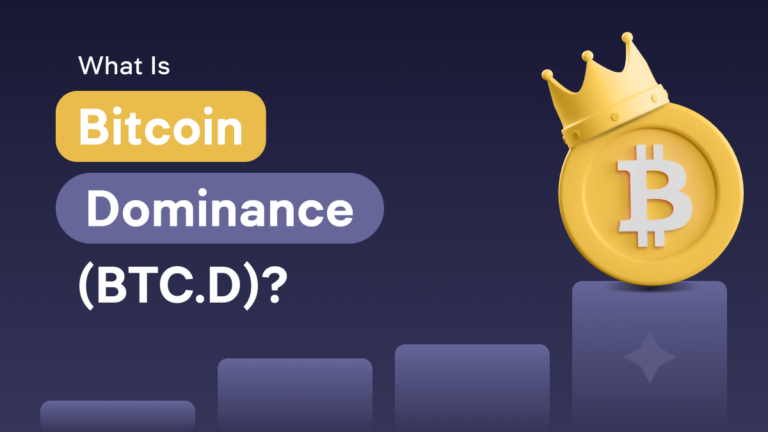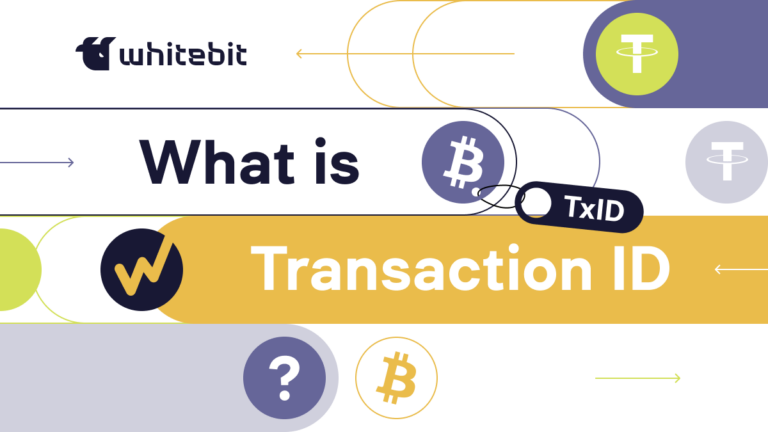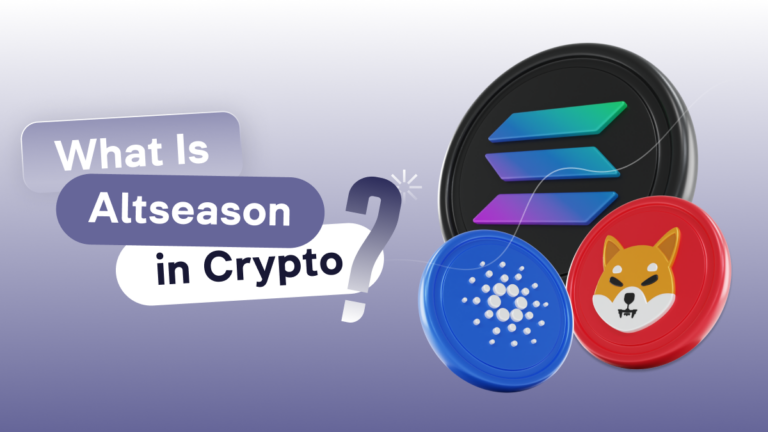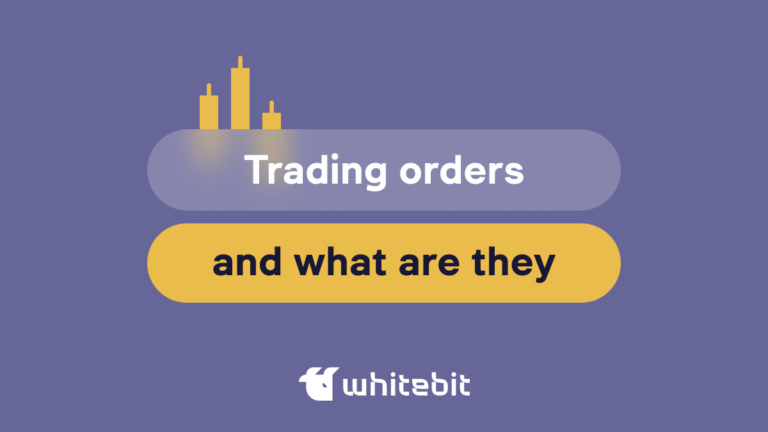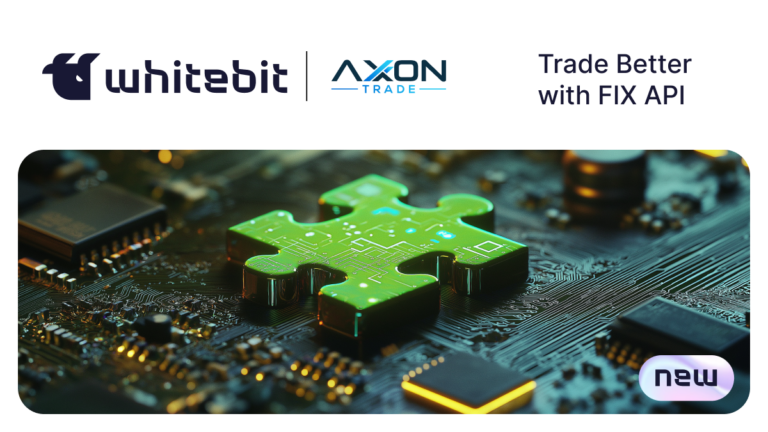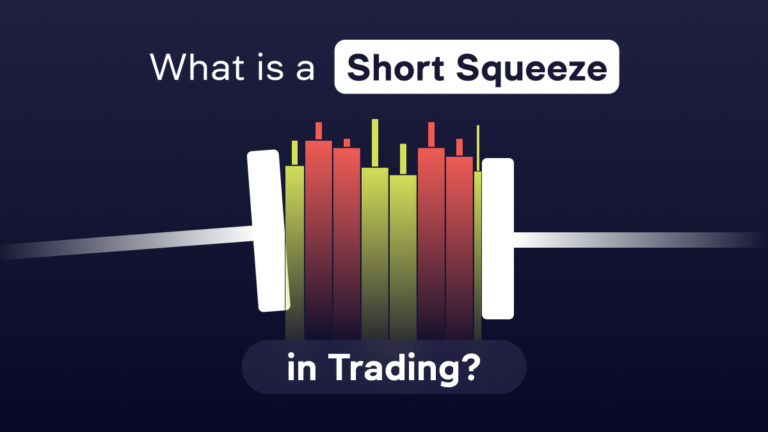What Are Privacy Coins and Anonymous Cryptocurrency?

Content
Regarding finances, privacy becomes not just a wish but a necessity. There are different types of cryptocurrencies, and each solves specific problems or challenges. The need for anonymity is met by so-called crypto privacy coins or anonymous crypto. These digital assets provide unique opportunities to keep transactions private. This article will explore what is a privacy coin, how these coins work, differ from regular cryptocurrencies, and why they are becoming increasingly popular among users.
What Are Privacy Coins?
Crypto privacy coins, also known as anonymous crypto coins, are digital assets designed to provide high privacy and anonymity for transactions. Unlike traditional cryptocurrencies such as Bitcoin (BTC) and Ethereum (ETH), which provide a degree of pseudonymity but still allow transactions to be tracked, privacy token and coin use advanced cryptographic techniques to hide information about transactions and their participants.
The idea of anonymous token came from the need to protect privacy in the digital world. Since the introduction of Bitcoin in 2009, users have realized that despite the pseudonymity of addresses, transactions can be tracked and analyzed due to the publicity of blockchain technology. So, though Bitcoin is the first and top cryptocurrency, it is traceable. This realization has led to the development of new cryptocurrencies that offer a higher level of privacy.
How Do Privacy Coins Work?
Zero-Knowledge Proofs
Zero Knowledge Proof is a cryptographic protocol that allows one party (the prover) to prove the truth of a statement to another party (the verifier) without revealing the information itself. This is achieved by repeating the experiment many times, which minimizes the probability of deception. ZKPs increase privacy cryptocurrency, and data security in cryptocurrencies and other systems such as Zcash and Ethereum. ZKPs protocols can be interactive or non-interactive, and their implementation requires significant computational resources.
Masking
Masking is a technique for hiding transaction information. During masking, data about the transaction amount and the addresses of the participants are encrypted or replaced with dummy values that can be revealed only if the corresponding key is present. This approach preserves the confidentiality of financial transactions, making them inaccessible for outsiders to analyze. Masking is actively used in Monero, where technologies such as Ring Confidential Transactions (RingCT) ensure transaction privacy.
Ring Signatures
Ring signatures are a cryptographic technique that allows users to sign a message, making it impossible to determine who in the group made the signature. In confidential coins, ring signatures are used to anonymize transaction senders. For example, in Monero, each participant in a transaction is mixed with other potential senders, creating a ring structure where it is impossible to identify who initiated the transaction. This provides a high level of anonymity for all participants in the network.
Stealth Addresses
Stealth addresses are a method of generating a one-time address for each transaction. When using stealth addresses, the recipient creates a special one-time address for each incoming transaction, making it impossible to track their total balance and all transactions made. This approach is used, for example, in the cryptocurrency Monero, where each new transaction address is unique and not linked to the recipient’s main address, which provides an additional level of privacy.
Why Crypto Privacy Coins Are Important?
Anonymous coins play an important role in today’s digital world for several reasons:
- First, they provide high privacy, protecting users’ personal and financial data from prying eyes and potential fraud. This is especially important in the face of increasing scrutiny and surveillance by governments and corporations.
- Second, anonymous cryptocurrencies support the principles of decentralization and financial independence. They allow users to conduct transactions without third-party interference, promoting freedom of economic relations and protecting personal privacy rights.
Are Cryptocurrency Privacy Coins Legal?
The legality of crypto anonymous depends on the specific jurisdiction. In some countries, they are legal and used on par with other cryptocurrencies, providing users privacy and financial information protection. At the same time, some jurisdictions ban cryptocurrency altogether or restrict anonymous coins due to concerns about their potential use in illegal transactions such as money laundering and terrorist financing.
Regulators are trying to balance ensuring user privacy and preventing illegal activity. For example, some countries require personal identification, even for privacy crypto coins, when using cryptocurrency exchanges. This allows the flow of funds to be controlled without eliminating the use of anonymous cryptocurrencies.
Ultimately, it’s important to keep an eye on the laws in your country and comply with all requirements so that using anonymous coins doesn’t lead to legal problems.
Issues with Privacy Tokens Crypto
Privacy Coins and Smart Contracts
Integrating privacy coins cryptocurrency with smart contracts is challenging because a smart contract requires transparency to ensure its fulfillment. However, some projects are working to create private smart contracts that can maintain user anonymity. For example, Zcash and Ethereum-based projects are developing solutions that allow Zero-Knowledge Proofs to ensure privacy in smart contracts.
Privacy Coins and Cryptocurrency Exchanges
Anonymous coins often face difficulties on cryptocurrency exchanges due to regulatory requirements. Contrary to their principles, many exchanges require KYC (Know Your Customer) and AML (Anti-Money Laundering) procedures. As a result, some exchanges restrict or exclude trading in anonymous cryptocurrencies, which can reduce their availability and liquidity, making them more challenging to use and exchange.
Regulatory Restrictions
Because of their high anonymity, governments are concerned that such coins could be used for illegal activities, leading to restrictions or bans in some countries.
Technical Difficulties
Complex cryptographic methods ensure anonymity, which can increase transaction time and cost and require significant computing resources.
Taxation of cryptocurrencies presents an additional challenge for users of confidential coins, as high levels of anonymity may raise questions from tax authorities about the proper accounting and declaration of such assets.
Pros and Cons of Privacy Coins
| Pros | Cons |
| High level of confidentiality and anonymity | Regulatory restrictions and possible prohibitions |
| Protection of personal and financial data | Less liquidity compared to popular cryptocurrencies |
| Ensuring financial independence and freedom | Complexities of integration with smart contracts and exchanges |
| Use of advanced cryptographic techniques | High technical requirements and risks of loss of privacy |
List of Privacy Coins Example
Let’s look at the list of the most popular and best privacy coins:
- Monero (XMR): Monero provides high transaction privacy by using ring signatures, hidden addresses, and the RingCT protocol.
- Zcash (ZEC): Zcash uses Zero-Knowledge Proofs (zk-SNARKs), allowing users to choose between fully private and transparent transactions.
- Dash (DASH): Dash offers a PrivateSend feature that mixes transactions to make them harder to track.
- Verge (XVG): Verge uses several anonymous networks, such as Tor and I2P, to hide users’ IP addresses.
- Beam (BEAM): Beam implements the Mimblewimble protocol to hide all transaction data.
- Grin (GRIN): Grin also utilizes the Mimblewimble protocol for privacy and scalability.
How to Buy Privacy Coins on WhiteBIT?
There are two options: exchanging cryptocurrencies and buying using an order.
Crypto Converter
The method is suitable for beginners and those who want to buy faster.
First, you must transfer USDT from the Main to the Trading balance. You can do this using the “Transfer” button by clicking USDT in the Main Balance section. Next, enter the desired amount and click “Confirm Transfer.”
- Go to the “Convert” section;
- Select the desired pair, for example, USDT/DASH;
- Click “Buy DASH”.
Buying with an order
As in the case of exchange, transfer USDT from the Main to the Trading balance.
- Open the “Trade” section, then click on “Spot.”
- Select the USDT/DASH pair;
- Select the “Market” order type on the right;
- Specify the amount of DASH and click on the green “Buy” button.
The WhiteBIT cryptocurrency exchange allows you to exchange Stablecoins, altcoins, and fiat money.
Future of Privacy Coins
The future of the privacy coin looks both promising and challenging. On the one hand, the growing interest in privacy and personal data protection in the digital world supports the demand for cryptocurrencies such as Monero and Zcash. Developers continue to improve the technology to provide even higher levels of privacy and security. Innovations such as introducing more advanced Zero-Knowledge Proofs and other cryptographic methods can make anonymous coins more secure and accessible to many users.
On the other hand, anonymous coins face significant regulatory challenges. Governments and financial regulators increasingly view them as a potential threat related to money laundering and terrorist financing. This could lead to stricter regulations and even bans in some countries. The future of anonymous coins will depend on how effectively developers and communities can balance user privacy and regulatory compliance.
Conclusions
Anonymous cryptocurrencies continue to attract the attention of users seeking privacy and security. Developers are constantly improving the technology, making transactions even more private. At the same time, interactions with regulators and compliance will be key aspects of their continued growth and adoption. Time will tell how it will be.
FAQ
Anonymous cryptocurrencies are digital assets designed to provide high privacy and anonymity for transactions.
Yes, Dash provides a PrivateSend feature that allows transactions to be mixed to increase their anonymity.
No, Bitcoin is not a confidential coin. It provides pseudonymity, but transactions can be tracked on the public blockchain.
Investing in confidential coins depends on your risk and interests. They offer a high level of privacy but can also face regulatory restrictions.

